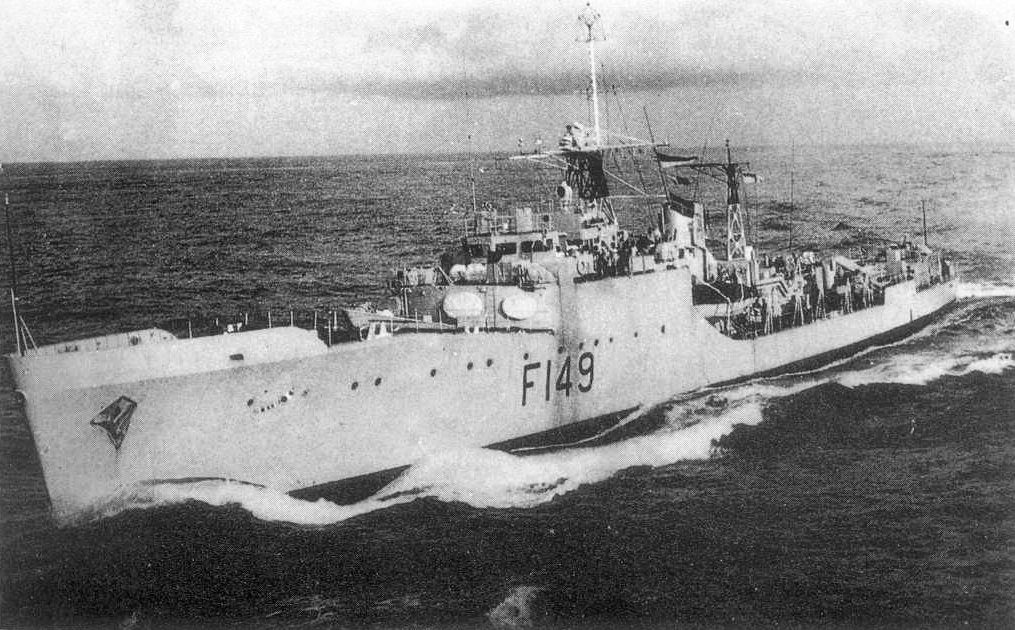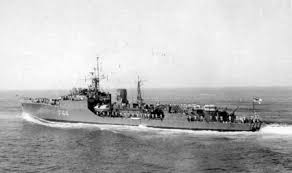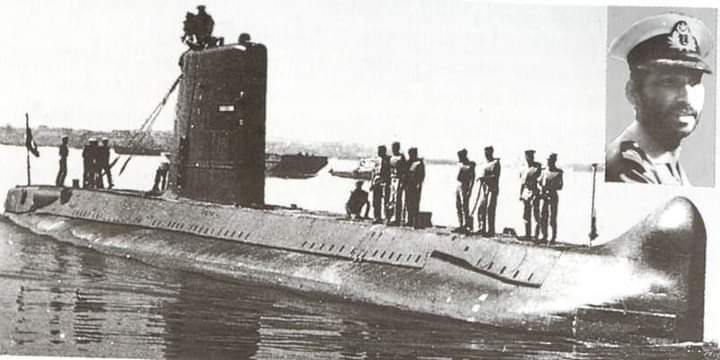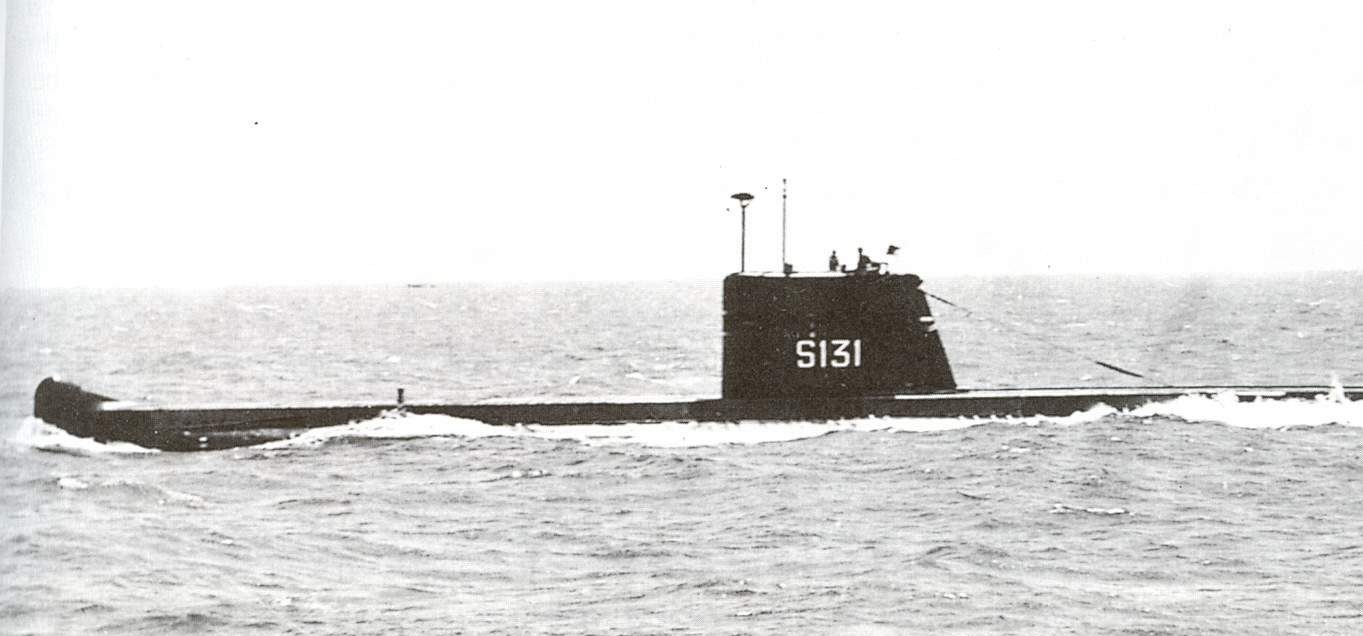Pakistan Armed Forces have always lived up to the expectations of the nation in the hour of need. Since the time of its independence, Pakistan has been engaged in a kind of Cold War with its eastern neighbor, India. Pakistan armed forces have fought 3 full-fledged wars and many small-scale conflicts with three times bigger enemy India. The country has seen many ups and downs since its emergence in 1947 but the nation along with the armed forces faced every challenge and hardship bravely and always emerged victorious in the end.
Pakistan Navy, just like other uniformed services of the country, has engaged with a regional naval giant, India, twice in 1965 and 1971. In the war of 1965, although there was no direct naval confrontation between India and Pakistan, even then Pakistan navy succeeded in scoring a naval victory on 8th of September,1965 when a formation of 7 naval ships sailed from the coast of Karachi to destroy the Indian radar station at Dwarka on the coast of the Indian state of Gujarat. Despite having a power demonstrator in the form of an aircraft carrier, INS Vikrant, the Indian Navy did not dare to leave Bombay harbor because of the fear of a possible attack by Pakistani submarine, PNS Ghazi, that was patrolling in the Indian territorial waters and was given the task to hit Indian naval ships that leave Bombay harbor.
After demonstrating its capabilities in 1965, Pakistan’s navy submarine service achieved the title of being “Combat proven” in the Indo-Pakistan war of 1971. After the mysterious sinking of PNS Ghazi on 3rd December 1971, the Indian Navy launched Operation Trident on 5th December and attacked Karachi with 3x Vidyut class missile boats and 2x Arnala class anti-submarine corvettes. Due to the absence of anti-ship missiles, Pakistan suffered huge losses including a destroyer, a minesweeper, a cargo ship, and oil storage facilities at Karachi port. This was followed by another attack on 8th December with 1 missile boat and 2x multipurpose frigates. Again, Pakistan suffered massive casualties including a fleet Tanker, PNS Dacca, 2x merchant vessels, and damage to oil facilities at Karachi port. All of this proved to be a disaster and Pakistan Navy was not able to carry out offensive operations against the adversary.
The morale of the sailors was down and there were celebrations in the Indian surface fleet, not knowing that PNS Hangor, a Pakistani Daphne class submarine present in their waters was ready to take on any vessel in the enemy fleet. Earlier on December 3, PNS Hangor sent a message to the Naval HQ to inform them about the Indian intentions of carrying out a naval raid on Karachi as the Indian vessels were detected when they were passing over it. But unfortunately, this message was intercepted by the Indian navy and they deployed two ASW ships, INS Khukri and INS Kirpan, to track and destroy PNS Hangor in the Indian Ocean. It was the night of 9th of December when PNS Hangor was detected and both Indian ships tried to engage her but PNS Hangor was aware of the situation.

The commanding officer of PNS Hangor, Cdr Ahmad Tasnim, immediately ordered his crew members to engage the Indian vessels as an act of self-defense. At this, Hangor fired a homing torpedo at Kirpan that damaged her but could not sink her. Khukri which was the ship of the squadron commander tried to hit Hangor but suddenly, another torpedo fired by Hangor hit the magazine of INS Khukri that resulted in a massive explosion. Moments before the explosion, PNS Hangor intercepted a call from the Commanding officer of INS Khukri, Captain N. Mulla, in which he was asking his crew to take evasive maneuvers against the incoming torpedo. INS Khukri sank in the sea within just 2 minutes with 176 sailors and 18 officers on board. INS Kirpan tried to hit Hangor with depth charges in a second attempt but couldn’t do so as Hangor fired 3rd Torpedo in self-defense as stated by the Vice admiral (r) Ahmad Tasnim(The then Commanding officer of Hangor). Kirpan fled the battlefield leaving the sinking crew of Khukri on its own.

Hangor then tried to execute a rescue operation but in vain. Khukri had met its fate in the Indian Ocean in a night. Indian Navy especially the Air arm tried very hard to detect Hangor and released many depth charges at the point of action but Hangor managed to sail back to Karachi on 13th December 1971.

The Hangor Day is celebrated every year on the 9th of December to commemorate this action of the Pakistan Navy. It is important to note that this was the first time after WWII in which a submarine had sunk an enemy warship in a naval engagement. The next action was seen in Falkland Wars when a British nuclear submarine, HMS Conqueror, sank an Argentine Navy Ship, General Belgrano. The nation salutes all the brave officers and sailors who defended our country against all odds. A special salute and prayers for Admiral (r) Fasih Bokhari who served as a lieutenant in Hangor and recently breathed his last. Their service for the nation will always be remembered.
Author: Syed Hani Hussain Zaidi
#TeamPakistanStrategicForum







